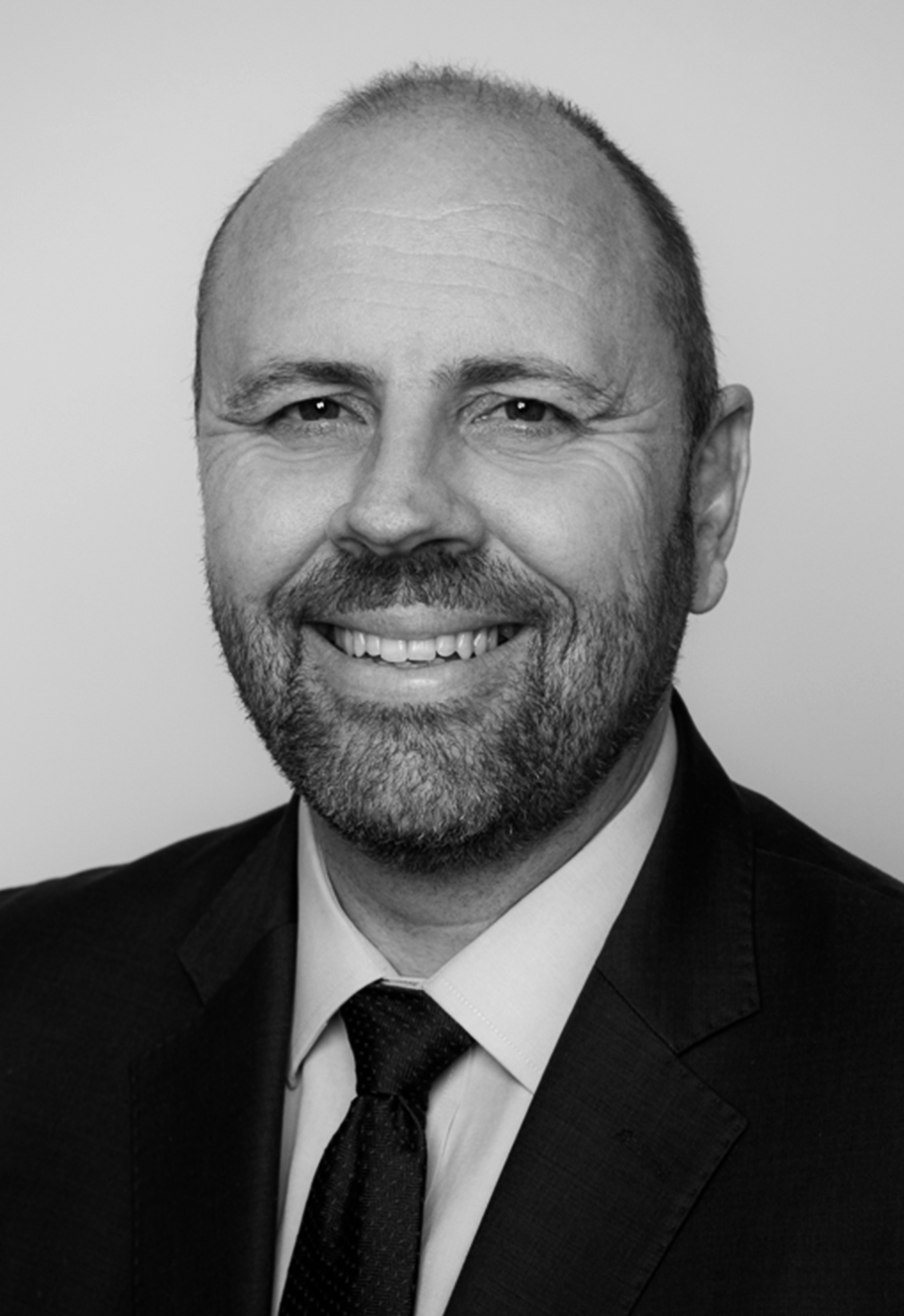PE-Backed CRO Giant Signals Exit Strategy with Strategic CEO Succession
Former Syneos Health Chief Takes Helm as Clinical Trials Industry Braces for Consolidation Wave
RESEARCH TRIANGLE PARK, N.C. — Worldwide Clinical Trials has appointed Alistair Macdonald as Chief Executive Officer, marking what industry insiders view as a calculated transition from culture-building to value extraction ahead of a likely liquidity event.
The appointment, effective immediately, sees Macdonald—who previously scaled Syneos Health from approximately $1 billion to $5 billion in revenue—succeeding Peter Benton after his 11-year transformational tenure. The timing and profile of this succession illuminates broader market dynamics reshaping the $70 billion global clinical research industry.

The Architecture of a Strategic Handoff
Benton's departure represents more than routine succession planning. Under majority owner Kohlberg & Co.'s stewardship, Worldwide has positioned itself at what Executive Chairman Matt Jennings described as "an exciting inflection point," investing in technology and innovation while expanding global capabilities.
The selection of Macdonald telegraphs clear strategic intent. His track record includes not only the Syneos transformation but also advisory roles at GHO Capital, where he counseled healthcare companies on growth trajectories. His board positions spanning the Association of Clinical Research Organizations, Medicines Discovery Catapult, and multiple biotech entities provide the industry credibility essential for enterprise-level client acquisition.
Market analysts suggest this succession follows a predictable private equity timeline: founder-operator builds culture and foundation, growth-focused executive implements scaling strategies, and the platform prepares for exit within 24-36 months.
Navigating the Boutique-to-Scale Paradox
Worldwide's differentiation has centered on responsive, personalized service—attributes that risk dilution as organizations pursue scale. The challenge facing Macdonald involves preserving what industry veterans describe as "boutique DNA" while constructing the operational infrastructure necessary to compete for multi-year, enterprise-level awards.
Industry observers note the inherent tension. Large pharmaceutical companies increasingly favor CROs capable of managing global, multi-therapeutic programs, yet sponsor feedback consistently emphasizes the importance of accessible decision-makers and rapid response capabilities. The companies that successfully navigate this paradox capture premium valuations; those that fail risk commoditization.
Benton will remain as Senior Advisor, a structure designed to maintain cultural continuity while Macdonald implements operational changes. This transition model has precedent across PE-backed CROs, though execution quality varies significantly.
Market Positioning Amid Industry Consolidation
The clinical research sector continues fragmenting between tier-one global players—IQVIA, ICON, Labcorp Drug Development—and specialized boutiques serving specific therapeutic areas or sponsor segments. Worldwide occupies the increasingly valuable "tier-1.5" position, offering sufficient scale for significant programs while maintaining therapeutic expertise in oncology, rare diseases, and central nervous system disorders.
Macdonald's experience suggests aggressive inorganic growth strategies ahead. Industry sources anticipate acquisitions in biometrics, decentralized trial technologies, and real-world evidence capabilities—areas where Worldwide could expand service offerings without disrupting core competencies.
The broader CRO landscape faces multiple pressures: biotech funding volatility, increasing regulatory complexity, and artificial intelligence integration demands. Organizations that successfully adapt position themselves for premium valuations; those that struggle face margin compression or acquisition by larger competitors.
Investment Implications and Market Dynamics
For equity investors, this appointment signals accelerated value creation activities. The pattern suggests Kohlberg plans monetization within the next three years, either through IPO or strategic sale. Comparable transactions indicate valuations ranging from 3-5x revenue for established CROs with diversified therapeutic portfolios.
The appointment carries both upside potential and execution risks. Successful scaling could position Worldwide for tier-one status, capturing larger, longer-duration contracts with improved margin profiles. However, operational complexity increases proportionally with scale, and client retention depends heavily on maintaining service quality during growth phases.
Market conditions remain supportive for well-positioned CROs. Pharmaceutical R&D spending continues expanding, with outsourcing penetration rates increasing across all sponsor segments. The shift toward complex modalities—cell and gene therapies, radioligand therapeutics, precision medicine—creates opportunities for CROs with specialized capabilities.
Technology Integration and Operational Evolution
The industry increasingly demands integrated technology platforms capable of real-time project monitoring, predictive analytics, and automated regulatory compliance. Macdonald's technology investment priorities will likely focus on standardizing core systems while building advanced analytics capabilities.
Successful CRO platforms demonstrate measurable improvements in study startup timelines, enrollment forecast accuracy, and database lock efficiency. These operational metrics directly correlate with sponsor satisfaction and contract renewals, making technology investments critical for sustainable growth.
Industry experts anticipate continued emphasis on hybrid and decentralized trial capabilities, areas where Worldwide could establish competitive advantages through targeted acquisitions or strategic partnerships.
Forward-Looking Investment Perspective
Based on established market patterns and current industry dynamics, several investment themes emerge. CROs successfully balancing scale with service quality may command premium valuations as sponsor preferences increasingly favor full-service providers with proven therapeutic expertise.
The clinical research sector could experience continued consolidation as smaller organizations lack resources for necessary technology investments and regulatory compliance costs. Well-capitalized players like Worldwide may benefit from acquisition opportunities at attractive valuations.
Market analysts suggest monitoring key performance indicators including net new awards, book-to-bill ratios, client concentration metrics, and operational quality measures. These leading indicators typically precede financial performance by 12-24 months.
Investment considerations should include consultation with qualified financial advisors, as past performance does not guarantee future results. Market conditions remain subject to regulatory changes, economic cycles, and technological disruption.
The Macdonald appointment represents more than executive succession—it embodies the clinical research industry's evolution toward larger, more sophisticated operating models while attempting to preserve the client intimacy that drives sustainable growth.
